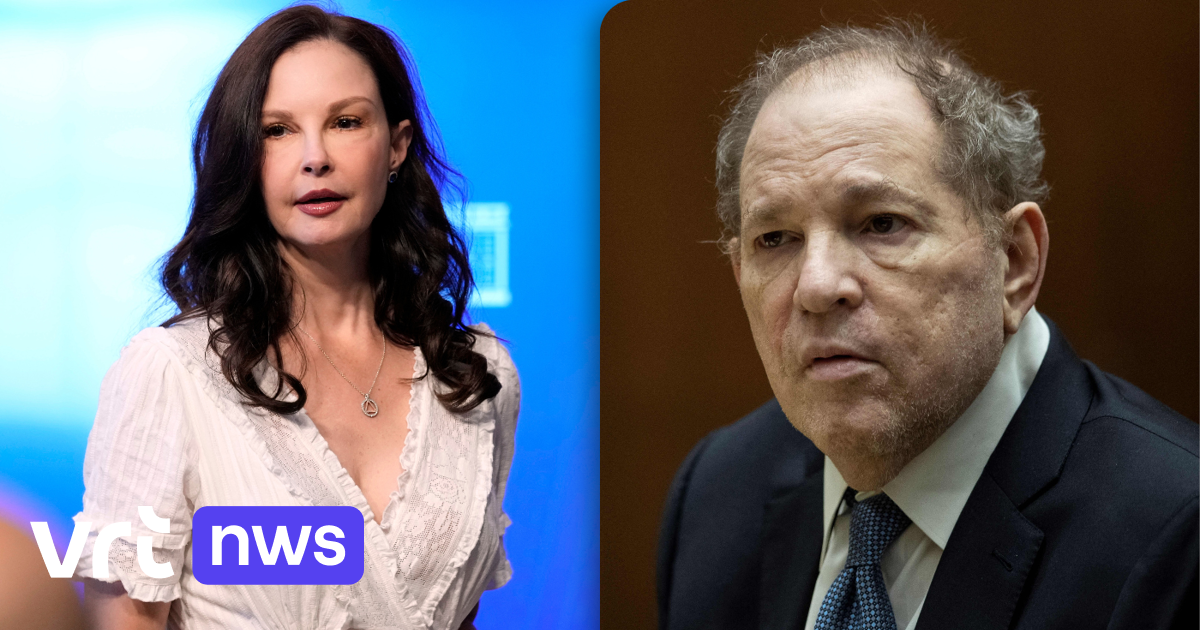The Future of Public Transportation in Buenos Aires: A New Approach to Addressing the Crisis
As tensions rise between the UTA and transportation companies in Buenos Aires over salary improvements and fare increases, a new proposal has emerged that challenges the status quo. The idea of working without activating the SUBE card as a form of protest is a bold move that aims to pressure employers while avoiding a full-blown strike. This innovative approach highlights the need for creative solutions to complex problems in the public transportation sector.
Rethinking the Subsidy System
The current crisis in the transportation sector is not a new phenomenon, but rather a long-standing issue that has been exacerbated by economic fluctuations and inflation. The reliance on government subsidies to cover operating costs has created a delicate balance that is no longer sustainable. As the cost of living continues to rise, it is essential to reassess the subsidy system and explore alternative funding mechanisms.
One potential solution could involve a partnership between the government, transportation companies, and the public to create a more sustainable funding model. By engaging all stakeholders in the decision-making process, it is possible to develop a system that is fair, transparent, and responsive to the needs of both workers and passengers.
Embracing Innovation in Public Transportation
In addition to rethinking the subsidy system, embracing innovation in public transportation is crucial for the future of the sector. From implementing new technologies to improving infrastructure and service delivery, there are countless opportunities to enhance the passenger experience and increase efficiency.
One innovative idea could involve the introduction of smart ticketing systems that streamline the fare collection process and provide valuable data insights for decision-making. By leveraging technology, transportation companies can improve revenue management, reduce operational costs, and enhance overall service quality.
A Collaborative Approach to Sustainable Transportation
Ultimately, the future of public transportation in Buenos Aires depends on a collaborative approach that prioritizes sustainability, efficiency, and equity. By working together to address the root causes of the crisis and implement innovative solutions, we can create a transportation system that meets the needs of all stakeholders.
As we navigate the challenges ahead, let us seize this opportunity to reimagine public transportation in Buenos Aires and build a more resilient and inclusive system for the future.
l de subsidios y tarifas. Si no se llega a un acuerdo en las negociaciones, es posible que se produzca un conflicto que afecte a los usuarios y a los trabajadores del sector. Esperamos que las partes puedan llegar a un acuerdo que beneficie a todos”, concluy Fusaro.
Por su parte, desde la UTA se mantiene la postura de seguir luchando por un salario digno para los trabajadores del transporte. La discusin salarial continúa abierta y se espera que se puedan alcanzar acuerdos que satisfagan las demandas de los choferes.
En definitiva, la situación sigue siendo incierta y se espera que en las próximas horas se puedan tener novedades sobre el conflicto y las negociaciones en curso. Mientras tanto, el paro de colectivos en el AMBA queda en suspenso, a la espera de una resolución que beneficie a todas las partes involucradas.


